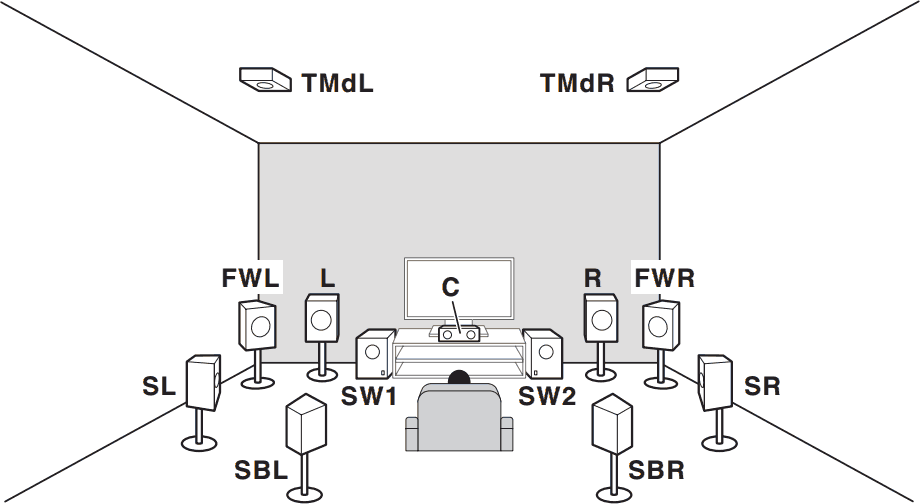2014 — 5 September: Friday
As I listen to various fascinating opinion pieces of Ukraine-related separatist posturing1 it's apparent that the Big Bad Bear is becoming a bad bet for business. Not that global business is either in good shape or, indeed, a much better peace-keeping bet than other options. I recall my grammar school headmaster's view of Russia back in the mid-1960s on the one occasion he deigned to step in and host a modern history lesson. He maintained they saw themselves as totally surrounded by potential enemies, with massive land borders, and reacted accordingly. Mostly by trying to keep their "satellites" stable and on-board.
Meanwhile Nevada (if it gets the go-ahead) is on track to become the biggest maker of Lithium-ion batteries in the world, largely for the Tesla electric car. "The battery factory is expected to generate over 22,000 jobs" says the hapless newsreader. The former governor of Virginia faces up to 30 years in the slammer. And Japan intends to reboot its Antarctic whaling activity. You can't say I don't get an eclectic mix of topics to accompany my morning cuppa.
I can't disagree...
... with Athill's conclusion,2 though I would have such great difficulty in isolating just four such books that I won't be trying it any time soon...
Having to live just one life, without the possibility of revising it, deleting its boring bits and polishing up its successes, has always seemed to me a meagre fate. My must-keep books have enabled me to experience lives other than my own: to enter other places, other times, other genders. And that is what the written word is for.
This tickled me on an entirely different level:
"We were getting a skewed perspective," says John Harris, chief curator of the Page Museum. Lost in the black goo, innumerable small fossils went unnoticed.
So when scientists set to work on Pit 91 the first time, the idea was to document everything. Every chunk of wood, every insect. Suddenly, scientists began to piece together vivid snapshots of a long-lost place. Not only did they know
which animals roamed nearby, they knew which bugs hovered around the festering carcasses, which trees provided shade, which bird songs filled the ancient air.
"We have found over 650 species so far," Harris says. "It doesn't get much better than that."
Different strokes for different folks. But then, Bryan Appleyard has just informed me that I had managed to miss Bill Joy's becoming a neo-Luddite if his "Wired" essay "Why the future doesn't need us" from 2000 was any guide. Finger firmly not on the pulse, that's me.
Speaking of pulses...
... this little gem of an essay in the "Chronicle" shows how little chance a brain in a jar would have of "getting to grips" with meaning. Is it neuroscience or neo-phrenology? (Link.)
In those distant...
... innocent days before I saw the "light", got religion, and downscaled all my in-house audio to simple, albeit powerful, stereo, I might have become excited by the latest batch of alphabet soup to be found splattered across the specifications of a new Pioneer SCLX58 4K Home Cinema Receiver:

(I note the irony that a "4K" symbol is conspicuous by its absence. And Pauline was telling me on Wednesday that "Spotify" has become her new best friend.)
Of course, my audio downscaling means I also must necessarily miss out on the joyful possibilities depicted in the Receiver's manual:

I can still predict Christa's reaction :-)
I enjoyed...
... the recent video I found of David Pogue (while I was looking into the Microsoft Surface Pro 3 device) sending up his alter-ego in a parody of the earlier "Mac v PC" ads. Now I see that IKEA has just re-invented the gadget first described in the Asimov SF story "The Holmes-Ginsbook device" (which you can find in Worlds of IF — 133, December 1968, if your shelves are as cluttered as mine). Very cool. (Link to the IKEA video.)